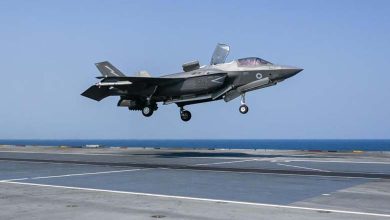‘Islamist Engineer’… A German book delves into the personality of Hassan el-Banna and the Muslim Brotherhood

A comprehensive biography of Hassan el-Banna, the founder of the Muslim Brotherhood, written by Gudrun Krämer (a prominent German researcher in Islamic studies) under the title “Islamist Engineer,” sheds light on the historical intellectual foundations, social environment, and political context of the Muslim Brotherhood.
The book, which outlines the character of this influential man in his impact, also highlighted the disturbances witnessed by Egypt in the first half of the 20th century, characterized by strong political and economic upheavals.
The book mentioned that Hassan el-Banna, as a member of a group of religiously conservative youth, was already seeking to defend “Islamic ethics” against “harmful influences such as Christian evangelism, alcohol and drug use, gambling, and prostitution, which his organization, the Muslim Brotherhood, later campaigned against.”
Even as a young man, Hassan al-Banna was influenced by the growing anti-colonial movement in Egypt, which he described, more clearly than his predecessors among Islamic reformists, as “jihad.” Thanks to the intensive missionary journeys carried out by Hassan el-Banna across the country, usually during school vacations, the Muslim Brotherhood was able to expand further after moving to Cairo in 1932 and also published its own magazine.
With the continuous growth of the organization, which was banned from any political activity as a charitable foundation, its structures expanded at the same time. As the “Supreme Guide,” endowed with comprehensive powers, Hassan el-Banna monitored the members, who were divided into (3) categories and (10) ranks, “each with its own duties and badges, which, as Gudrun Krämer says, ‘enable, almost like in a judo club, their recognition at first glance.'”
Attempts by some of Hassan el-Banna‘s companions to run in parliamentary elections failed, and he himself was thinking out loud about running, although he, on behalf of Islamic unity, called for the dissolution of all parties.
Despite the fact that the Muslim Brotherhood witnessed a rapid rise during World War II thanks to the support of sympathetic politicians, and its membership was already estimated in the hundreds of thousands, it also began to experience its first internal rifts.
The author attributes the gradual loss of control by the “Supreme Guide,” who faced open rebellion internally, to his inconsistent approach. El-Banna sometimes called for jihad and at other times for moderation. He also expressed contradictory opinions on the implementation of Islamic law. In 1936, he agreed to the application of physical (corporal) Sharia punishments (hudud), but rejected them again in 1948. His stance was also inconsistent regarding terrorism, of which he himself ultimately became a victim, according to Gudrun Krämer.












